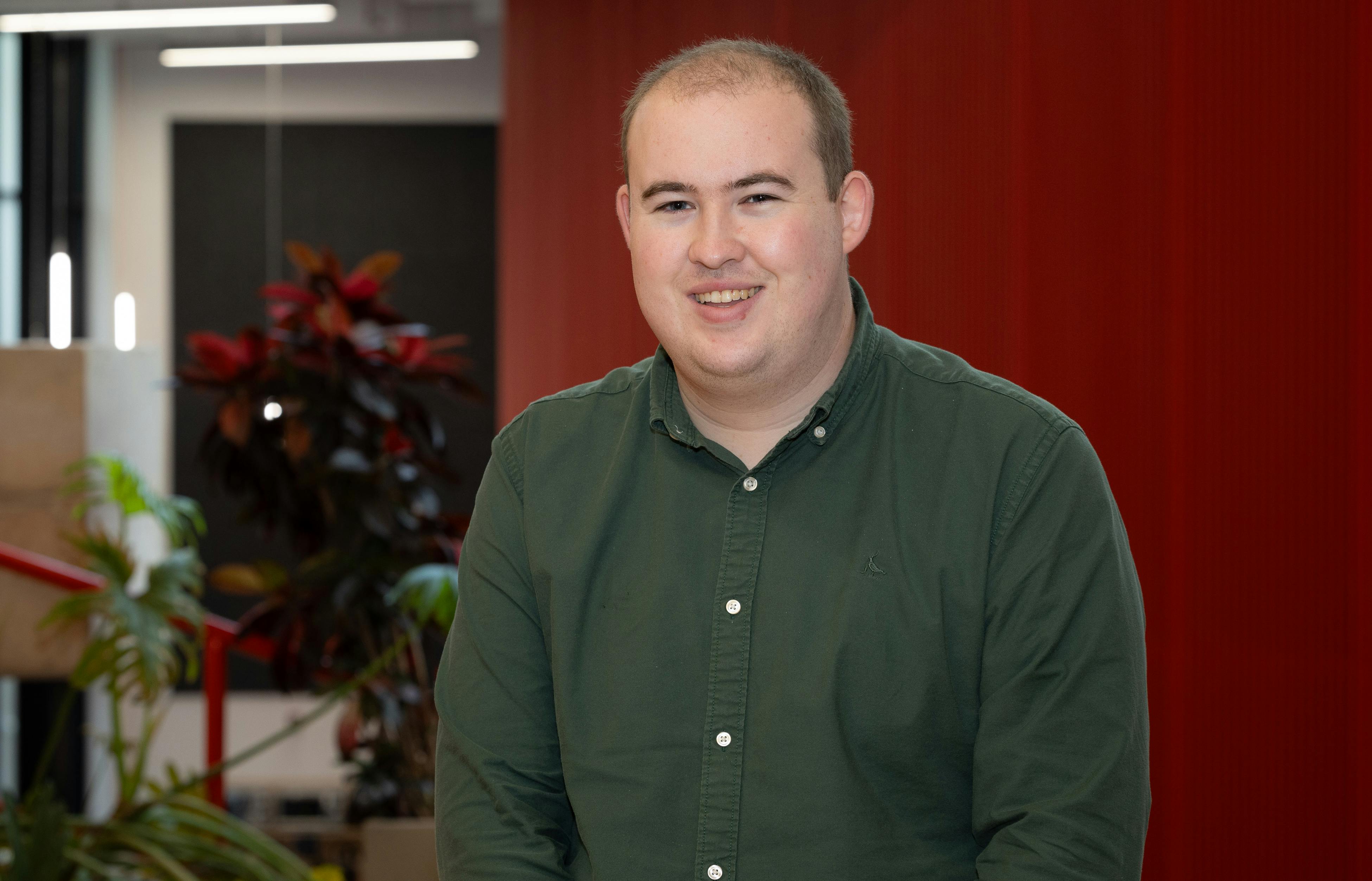Child Poverty

Helping the Council Fight Child Poverty
As the RCT HDRC, we are dedicated to supporting the Council's efforts to tackle child poverty. We are working closely with the Council's Overview and Scrutiny Committee to identify how the Council can work with communities to make services more welcoming and empowering for children and families affected by poverty. Our job is to gather information and evidence and provide support to help the Council understand this issue and develop recommendations to tackle this aspect of child poverty. This way, we ensure that our recommendations and actions are focused and effective, helping the Council use its resources on the most impactful solutions.
What the RCT Health Determinants Research Collaboration Will Do
1. Involve Residents
We will include residents whose real-life experiences will guide our project, making sure the results truly reflect the needs and hopes of those affected by child poverty. We will gather 'lived experience' from the community by working with a small group of citizens and partner organisations. If you live, work, play or study in RCT you can also get involved by completing our poll on the top right of this page.
2. Use Knowledge
We will make sure the Council understands and uses the best available evidence on tackling child poverty. By gathering and sharing this knowledge, we aim to help the Council make informed decisions. This process connects research with real-world actions, making it easier for policymakers to use the evidence effectively.
3. Support New Research
We understand the importance of ongoing research, so we're helping the Council apply for funding for new projects. This includes finding opportunities, preparing grant applications, and providing the expertise needed to secure funding. By supporting new research, we ensure the Council stays ahead with innovative solutions to support families impacted by child poverty.
Sharing Our Success
We will share the findings and lessons from our project across Wales and the UK. By spreading this knowledge, we aim to influence wider policies and practices, making sure our project's impact goes beyond just our local area. This effort helps to highlight our successes and encourages the use of effective strategies to tackle child poverty on a larger scale.


Thank you for your contribution!
Help us reach out to more people in the community
Share this with family and friends